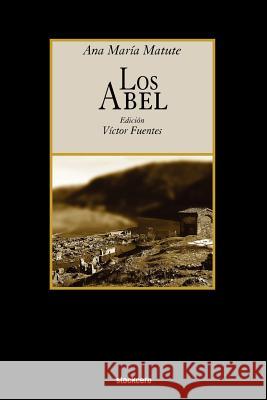Los Abel » książka
Los Abel
ISBN-13: 9781934768457 / Hiszpański / Miękka / 2011 / 242 str.
Uniquely precocious within the Hispanic fiction -published when author Ana Maria Matute was 22 years old- Los Abel reached the finals of the 1947 Nadal prize. It was positively received, due both to the prestige of the prize and the surprise created by the rising of this feminine youthful voice that continued the disruption created by Carmen Laforet's Nada. However the canonical critique proved unable to fully appreciate the originality of this novel that, baffling censors, trespassed the Spanish dictatorship moral order for women and set the Spanish novel within the trend of universal fiction. The struggle between good and evil, so vivid during and after the Spanish civil war, constitutes a recurring subject in Matute's novels. Child of the triumphant side, Matute never celebrated victory. Far from that, her civil war literature deals mainly with the pain of brotherly fight: a central issue in Los Abel. This issue is intertwined with Valba's -the main caracter- development, transforming the novel into a feminine bildungsroman of the forties, similar the the celebrated Nada, both maintaining intertextualites with gothic novels of famous women British writers of the XXth Century. But Los Abel includes a surprise amidst the repressive 1948 Spain, and it is that Valba, facing the bourgeois sensibility explicitly opposes her desires. Her unconscious as a desiring machine stands up, a factor that has baffled a vast number of well established critics. In this edition, prepared by prof. Victor Fuentes, both the introductory essay and the footnotes highlight these unusual characteristics, thus rescuing this work for the general public and, very specially, for courses both at under and graduate levels.











